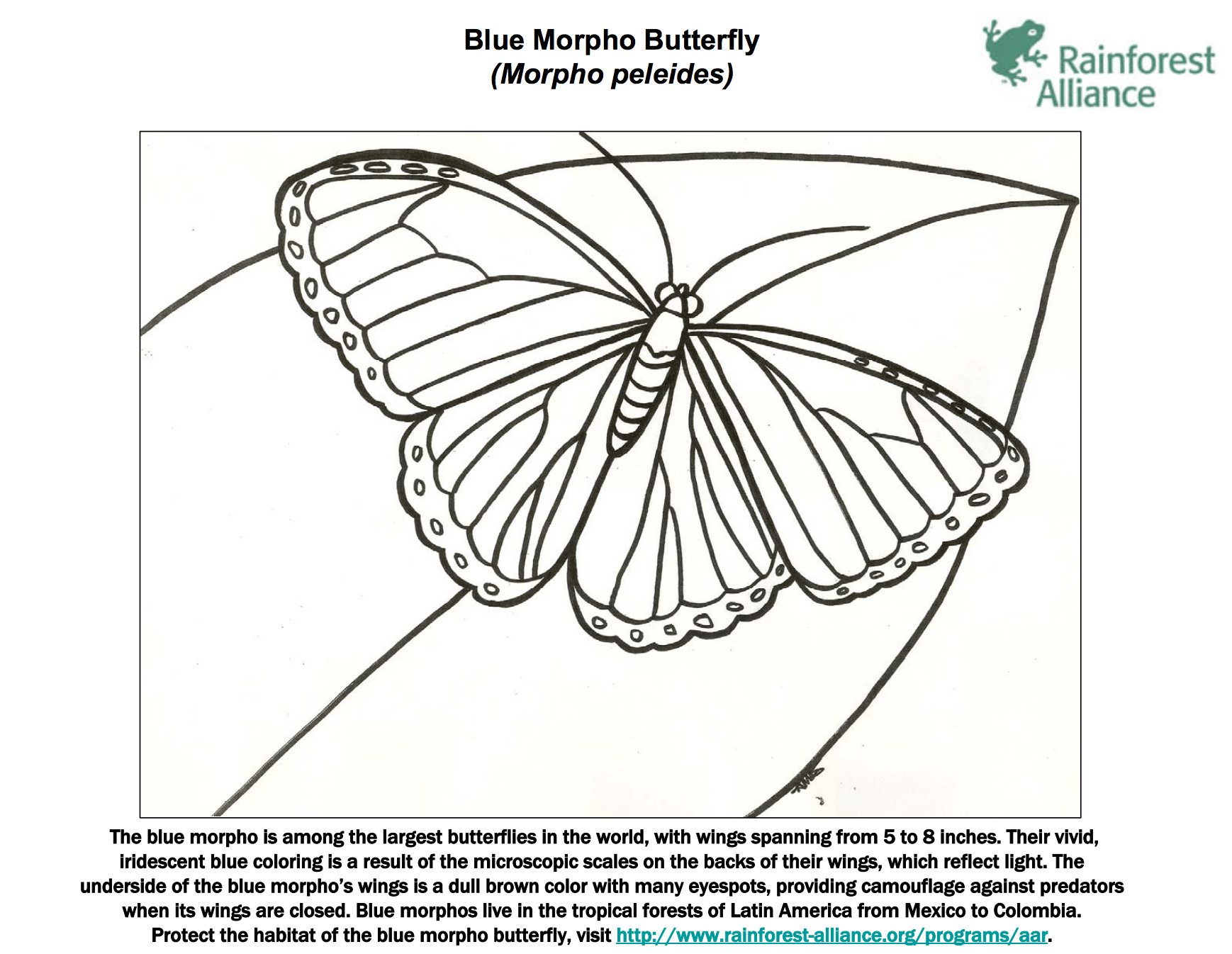

Works and research on discrete architecture and architectural ontology suggest that the considerable promise for a complex, open-ended, adaptable architecture could be a digital form of assembly based on parts. This paper contributes to the research in the field of generative computational design of discrete assemblies and their implementations in constructing spatial structures in architecture. For best results in understanding, common morphological knowledge of the highly philosophical and social studies side of architecture might be of some use along with basic theoretical training in semiotics.

This paper is an integral part of a practical scientific study project (filed under contract No BN-232/20) in 2020 with academic staff from different departments of The Faculty of Architecture at UACEG in Sofia. The problems concerned do question the following: why and how researching bioforms is essential where the process of the joint educational model and its significance lies is it obsolete as a structuralist approach in a current digital postmodern era and what are the explicit boundaries of its theoretical scale. The focus realm of the paper and its corresponding conditional methodology is a particular niche in the immersive theoretical knowledge field of architecture. The paper argues on the need for educational research on bioforms in studying architecture-concerning its meaningful side and conceptual load as an artistic, cultural medium and not as a product of the mere built in the conventional architectural design terms. The results have proven that applying this systematic approach enabled the designers to achieve highly sophisticated, formal and organizational outputs, with enhanced spatial and geometric qualities. The proposed method has been applied as a case study to a diverse group of students and professionals.

The intent is to increase efficiency within the design and prototyping process by integrating performance and fabrication into the early stages of the design process. This study presents a systematic approach, in which multi-agent systems are informed by the environmental performance assessment data where the output is directly linked to the 3D printing process. Swarm-based multi-agent systems (MAS) are already used as generative bottom-up methods in various design operations, including form-finding and optimization. With the enhanced capabilities of computational design, there are possibilities to develop integrated approaches to adapt to multi-faceted design problems. Computational design was developed to solve complex problems in architecture and to enable the establishment of systems with complex properties in a holistic manner.


 0 kommentar(er)
0 kommentar(er)
